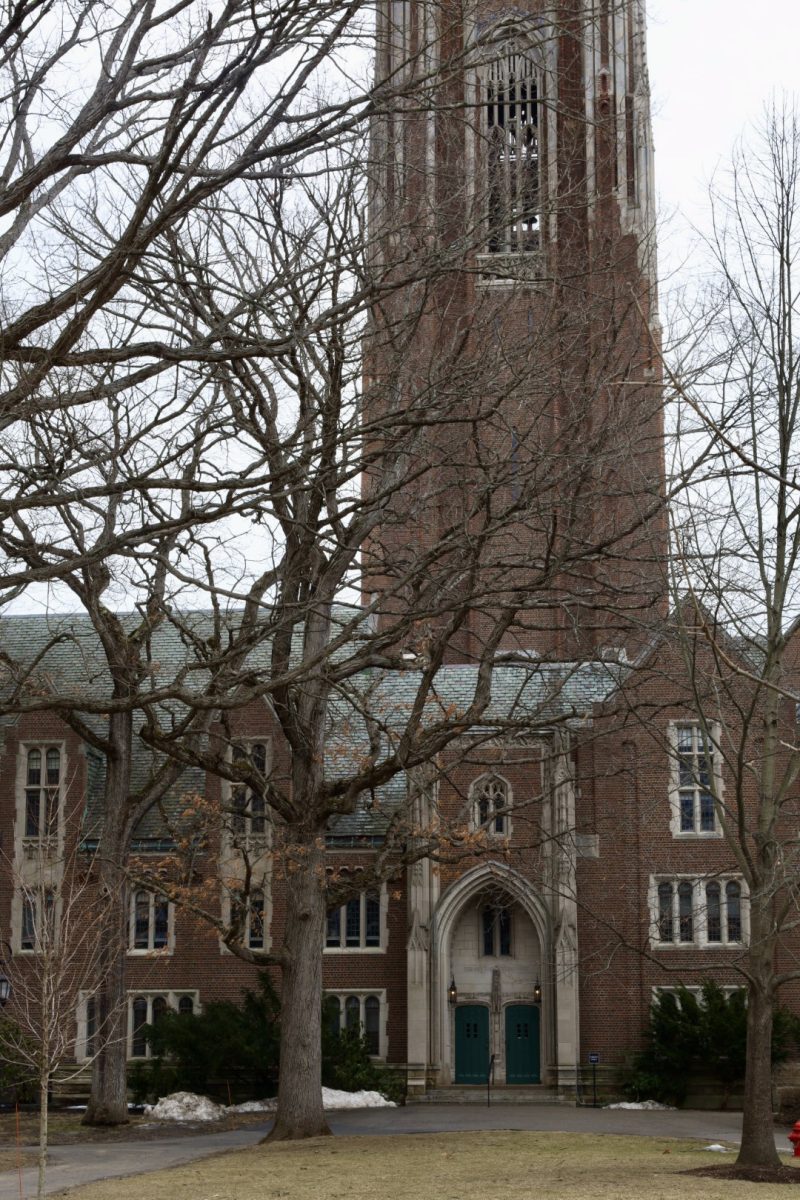Starting next academic year, language learning corridors, including Italian, German, Russian, Mandarin, Japanese, Korean, Arabic and Hindi/Urdu, will no longer be in different dormitory buildings, but will all be together in Freeman Hall. This is the first time a residential hall will be dedicated to accommodating distinct languages across three continents.
Helen Wang, associate dean of Residential Life and Community Development, explained that the decision had been a pre-pandemic effort worked together by the language departments and Residential Life.
Wang pointed out that there is a lack of robust residential life in the language corridors aside from students in those spaces studying the same languages. Therefore, Residential Life wants to optimize the residential platform to enact language learning in partnership with the academic departments and the Provost Office.
“Where the language halls were placed in the past was the result of history. [If] the language corridors are all together in one community, it allows us to be much more effective programmatically. For example, when we want to host a global culture dinner night or do a global film [screening], we can do so much better in a designated space, and [Freeman] also happens to be connected to [Bates] dining hall,” said Wang.
Residential Life expects that the conference of those spaces will allow cultures to engage in their own discrete ways and together as a living-learning environment to craft a better experience for students to experience language and cultural learning.
With the new arrangement, the East Asian language and culture department envisions a more connected interactiveness between its three corridors. Historically, the Mandarin, Japanese and Korean language corridors were located in separate residential halls across campus, in Bates, Stone-Davis and Freeman respectively, but they will now be in close proximity across two floors in Freeman. Professor Song, chair of the EALC department, spoke on how the department plans to cultivate a shared cultural experience across the three languages.
“The three cultures, though distinct, have shared certain elements like literature, arts, holidays and culinary styles, and we hope to connect the three corridors through them. During the Mid-Autumn Festival in late September or the Lunar New Year, we would love to celebrate them with cultural activities such as cooking sessions. Moreover, we want to introduce a variety of educational events like faculty conversations on East Asian history, contemporary fiction and theater,” said Professor Song.
Sophie Hwang ’25, a fall Korean corridor resident, embraces the cultural bonding in the EALC corridors. “It would be great if we could take turns introducing the respective cultures to the other corridors, which could cultivate a culture of mutual respect that is educational and sustaining. I think plenty of people enjoy the similar but subtle differences between the cultures, like K-drama, C-drama, anime in film and the different cuisines,” said Hwang.
Despite the linguistic differences, language corridors residents welcomed the communal language affinity the College longed to build.
“I feel like it would be a nice motivation to be immersed in the community of students who are very interested in learning a specific language and culture altogether. And you’ll still be rooming next to the students that take the same language as you, so you don’t worry about not just living with your language,” Hwang said.
“Although, we are all going to speak different languages. It would be helpful to have global language events where different corridors can get together to speak English, share different cultures and celebrate diversity,” said Olivia Xu ’23, a fall German corridor resident.
Since the housing selection for Fall 2022 approaches, the question of whether Freeman remains available for non-language residents arises. At the moment, Residential Life could not anticipate the remaining spaces for non-language residents.
“Availability in Freeman depends on whether the language department fills the sections. However, students who are not language residents will not have a subpar experience. Even though we honor the fact that students studying the languages want to practice and experience the culture together, there will be no exclusivity,” asserted Wang.






